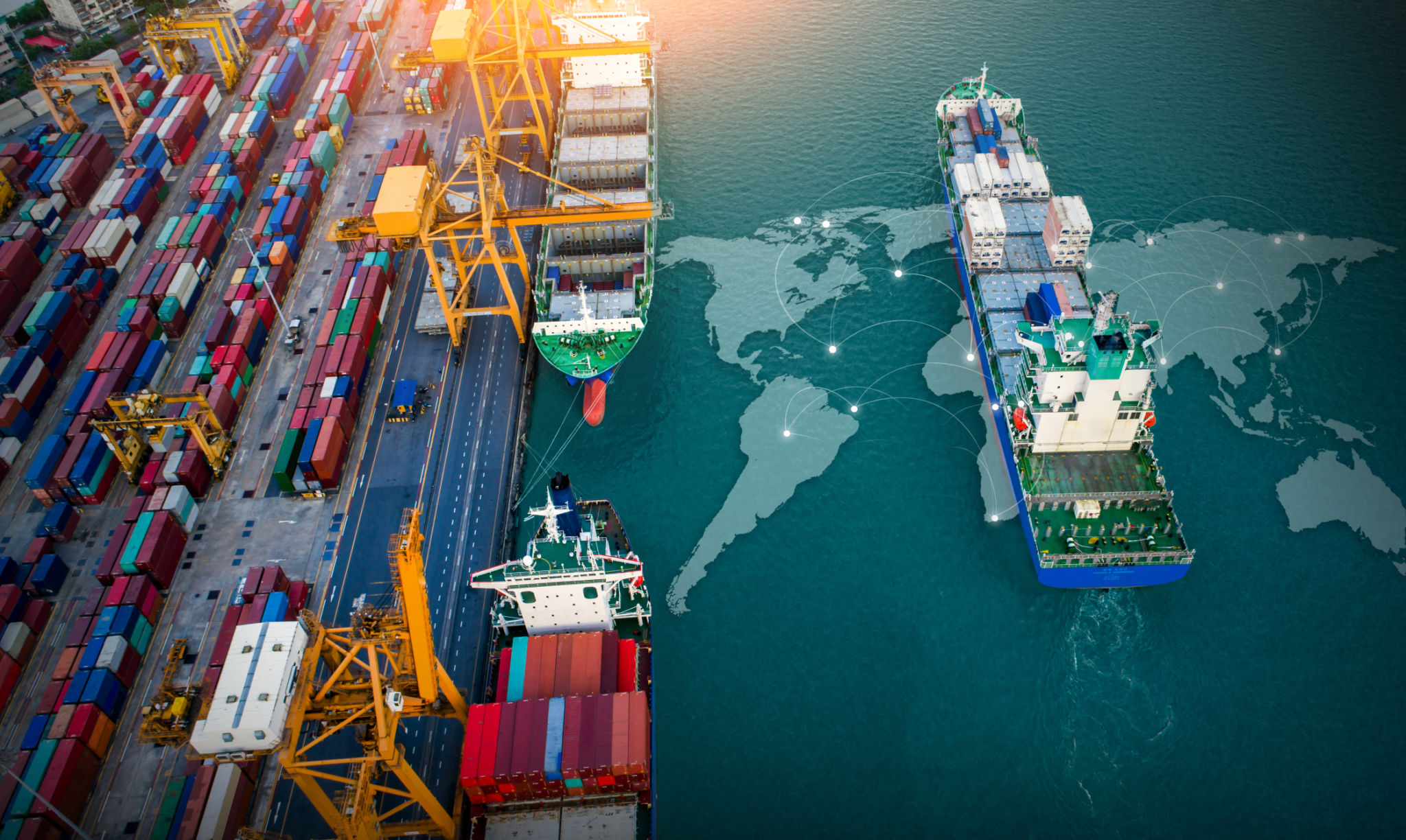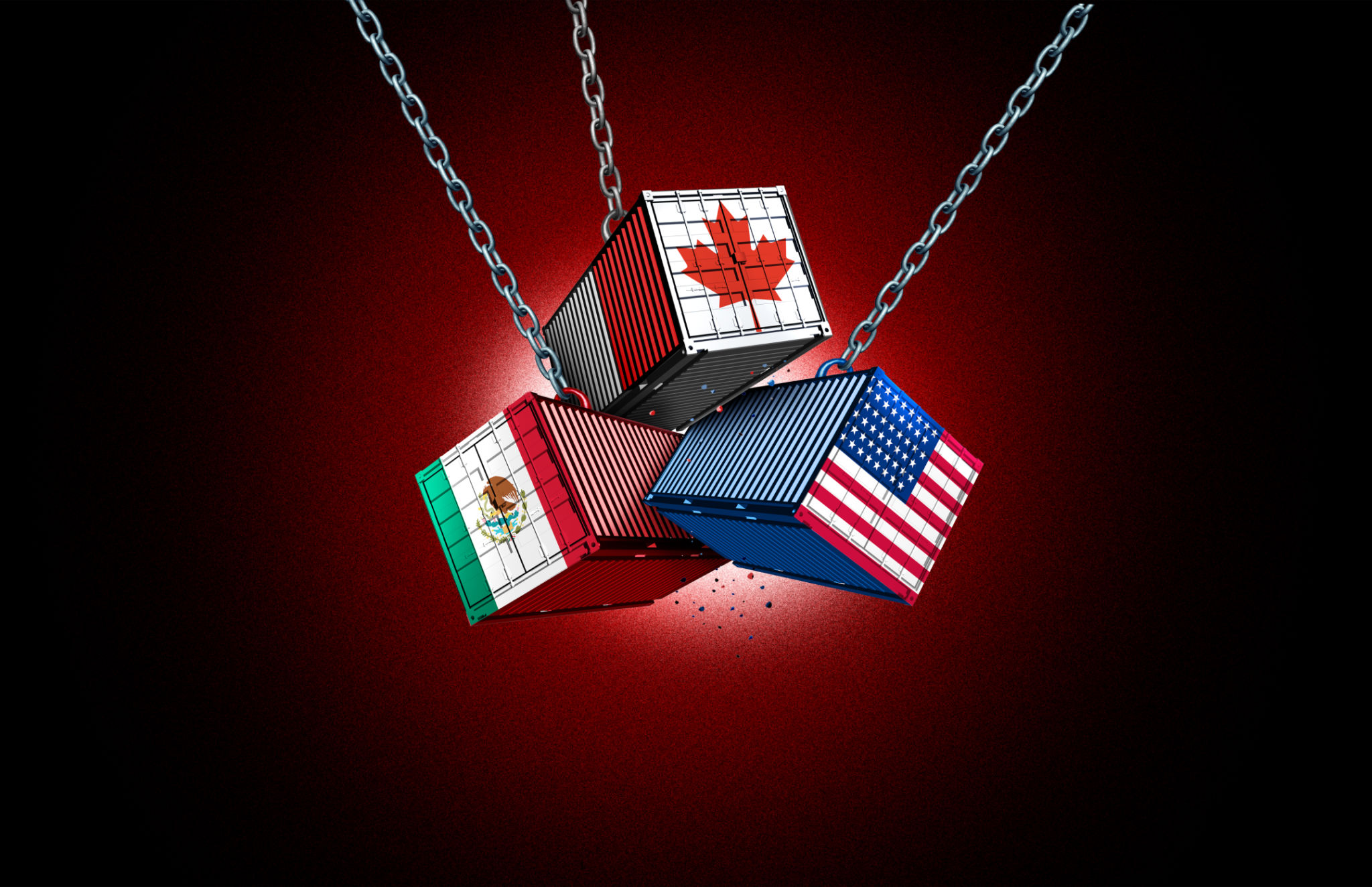Navigating Thai Export Regulations: What You Need to Know
For businesses looking to expand their reach into global markets, understanding the export regulations of the target country is crucial. Thailand, with its strategic location and robust economy, offers numerous opportunities for exporters. However, navigating Thai export regulations can be complex. Here’s what you need to know to ensure a smooth process.
Understanding Thailand’s Export Landscape
Thailand is a major exporter of goods ranging from electronics to agricultural products. As such, it has established a comprehensive framework to regulate exports. Familiarizing yourself with this framework is the first step toward successful international trade. The primary authority overseeing export regulations in Thailand is the Ministry of Commerce, which sets policies and controls for various goods.

Key Regulatory Bodies
Several governmental bodies play crucial roles in Thai export regulations. The Department of International Trade Promotion (DITP) assists in promoting exports, while the Customs Department handles the enforcement of export laws. Understanding the functions of these bodies will help exporters navigate the regulatory landscape more effectively.
It is important to note that certain products may require additional permits or certifications from specific agencies. For instance, food products might need clearance from the Food and Drug Administration of Thailand.
Essential Documentation for Export
Proper documentation is critical for exporting goods from Thailand. The key documents generally required include:
- Export Declaration: Filed with Thai Customs, this document provides details about the goods being exported.
- Commercial Invoice: Outlines the transaction between buyer and seller.
- Packing List: Details the contents and packaging of the shipment.
- Bill of Lading: Serves as proof of shipment and receipt of goods.

Special Permits and Licenses
Certain goods may require special permits or licenses before they can be exported. For example, agricultural products often need phytosanitary certificates to meet international safety standards. Exporters should consult the relevant regulatory bodies to determine what specific permits are necessary for their products.
Adhering to Trade Agreements
Thailand is part of several international trade agreements that can impact export regulations. These agreements can provide benefits such as reduced tariffs or simplified export procedures. Staying informed about these agreements can help businesses take advantage of preferential terms and optimize their export strategies.
The ASEAN Free Trade Area (AFTA) and agreements with major markets like the EU and China are particularly noteworthy. Exporters should ensure compliance with the rules of origin and other requirements stipulated in these agreements to benefit from favorable trade conditions.

Customs Procedures and Compliance
Navigating customs procedures is a critical aspect of exporting from Thailand. Exporters must ensure compliance with customs regulations to avoid delays or penalties. This includes accurate classification of goods, valuation for customs purposes, and adherence to any applicable export controls.
Working with a licensed customs broker can be beneficial in managing these complex procedures. These professionals have expertise in navigating Thai customs regulations and can provide valuable assistance in ensuring compliance.
Staying Updated on Regulatory Changes
The landscape of export regulations is dynamic, and changes can occur frequently. Exporters must stay informed about any updates or amendments to Thai export laws. Subscribing to newsletters from regulatory bodies or industry associations can be a helpful way to receive timely information on regulatory changes.
Additionally, participating in trade fairs and seminars hosted by the DITP or other relevant organizations can provide insights into current trends and regulatory developments in international trade.

In conclusion, while navigating Thai export regulations may appear daunting, understanding the key elements and staying informed about changes can facilitate a smoother export process. By adhering to compliance requirements and leveraging available resources, businesses can successfully tap into Thailand's vibrant export market.